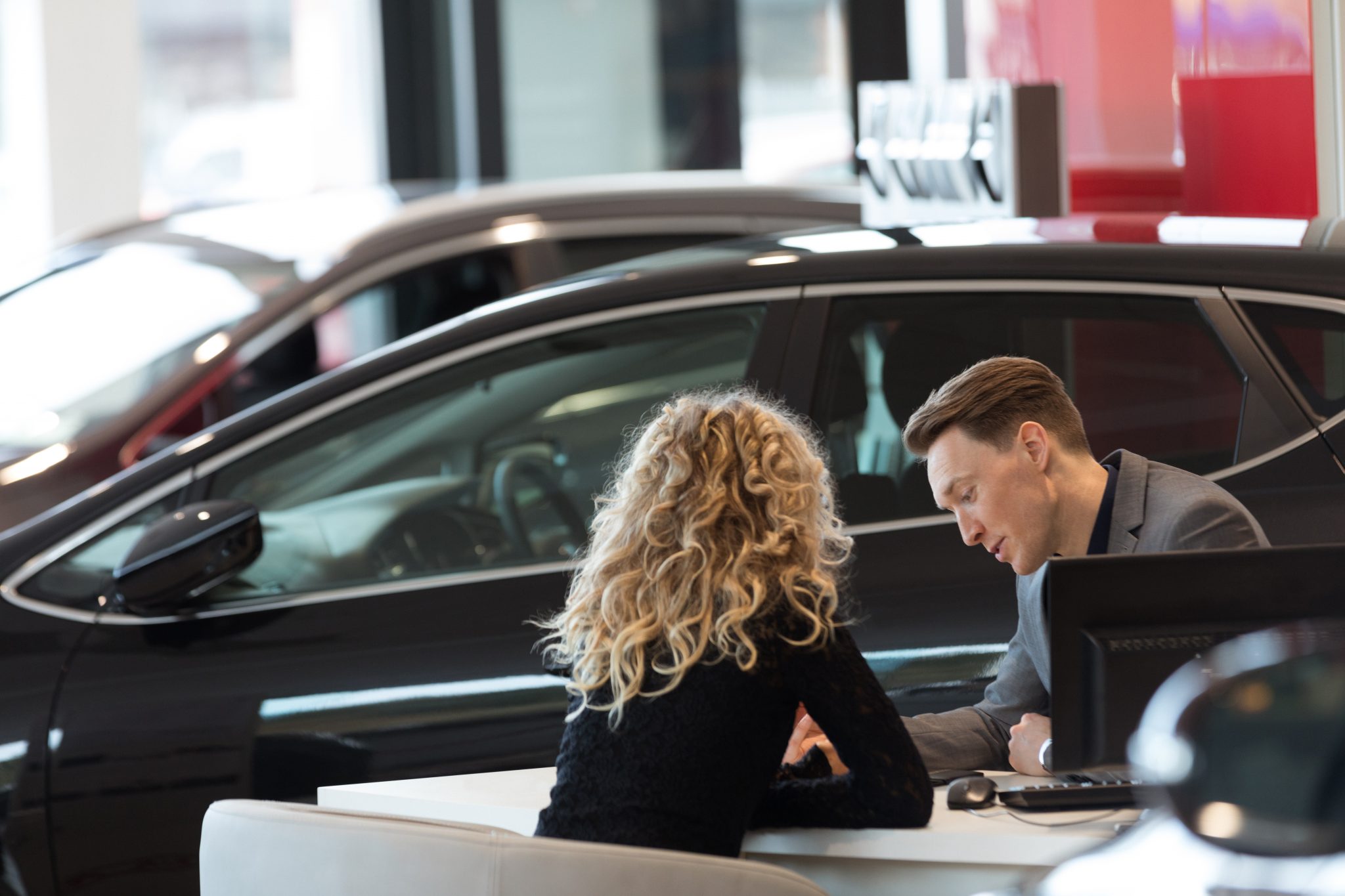The automotive industry is ever-changing and evolving, especially when it comes to technology. An innovation has piqued the interest of car manufacturers, car buyers, and others affiliated with the industry. The topic of blockchain has been coming up more and more in reference to automotive mobility, the car buying process, and data gathering. This advancement could mean massive changes for manufacturers, dealers, and customers.
What does the inclusion of blockchain mean for the industry? What are the benefits, and overall impact? Read on for our takeaways.
What is Blockchain?
While the concept has been discussed throughout many years, the first real manifestation of it occurred in 2009 with the invention of Bitcoin. A person under the pseudonym, Satoshi Nakamoto put Bitcoin and the corresponding blockchain network into motion. The easiest way to think of blockchain is that of a digital ledger that can keep track of all digital transactions regardless of industry or location. Information held on the blockchain can be shared and reconciled as new transactions happen. While this was initially designed for Bitcoin to make digital transactions more straightforward, others are seeing the benefit of having a system like this to capture and maintain other types of information. For example, healthcare providers may use it to manage all patient records. All information is synced to one shared database.
How Does This Relate to the Auto Industry?
Manufacturers have already begun to research how blockchain could reshape the auto industry for the better. BMW, General Motors, Renault, and Ford are new participants in the Mobility Open Blockchain Initiative (MOBI). The goal of this organization is to see how this technology can be used to more efficiently collect data, perform transactions, manage supplies, and provide better overall service to car buyers. Installing a system like this could have lasting ramifications for the interactions between manufacturers, car buyers, and suppliers. The inclusion of vehicle histories, supply chains, car and ride sharing, and insurance data may be alarming to some, but MOBI sees the benefit of easier transactions and more secure data sharing by including this information on the digital ledger.
How Can Blockchain Make Processes in the Automotive Industry Run Smoother?
Faster Financial Transactions
This can happen in two ways with blockchain technologies. First is the usage of cryptocurrency to purchase anything from cars to service products. Since cryptocurrency is not a physical commodity that has to be verified by a bank, transactions are faster and more secure. This innovation can also better facilitate in-car purchases, especially for drivers using electric or autonomous vehicles.
Smarter User Interactions
Porsche conducted a study to see how a blockchain server could better support customer interactions. Since customers did not have to receive permissions from a third-party, commands given to the Porsche app on the blockchain had a much faster response time. Porsche conveyed that the app could be used to unlock the vehicle, give another person access, or even allow a third-party to deliver an item to the car’s trunk.
Better Facilitate Autonomous Driving
Toyota and Porsche have dabbled with blockchain technologies to speed up the journey to level five autonomy. The goal would be to record the data of every self-driving trip to better train the cars to react to weather patterns, unique road conditions, and travel patterns specific to locations. In regards to, autonomous ridesharing, the digital ledger could allow users to share vehicle ownership and usage easily.
Provide Ease to the Car Insurance Process
Having consumer financial information on the blockchain will increase the speed of sending, receiving, and storing data. There has even been the proposal of smart contracts that automatically fill in consumer information from the blockchain’s digital ledger. Insurance payments for car accidents could happen much faster with the usage of the blockchain, and there is even room for more specialized niche coverages.
The Wrap Up
For those who are pushing for more convenience and speed in the car buying process, blockchain could be the answer to their requests. However, the idea of all consumer information and transaction histories being included on one shared database could make some feel uncomfortable, especially with the recent issues of data breaches. Yet, if an organization like MOBI can ensure encrypted security and solid best practices, the usage of the blockchain could be closer than we think.
Sources: TechCrunch, Futurism, TheMerkle, MOBI, BlockGeeks, DigitalTrends








